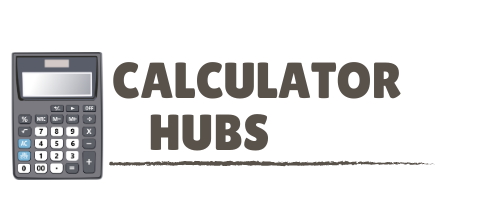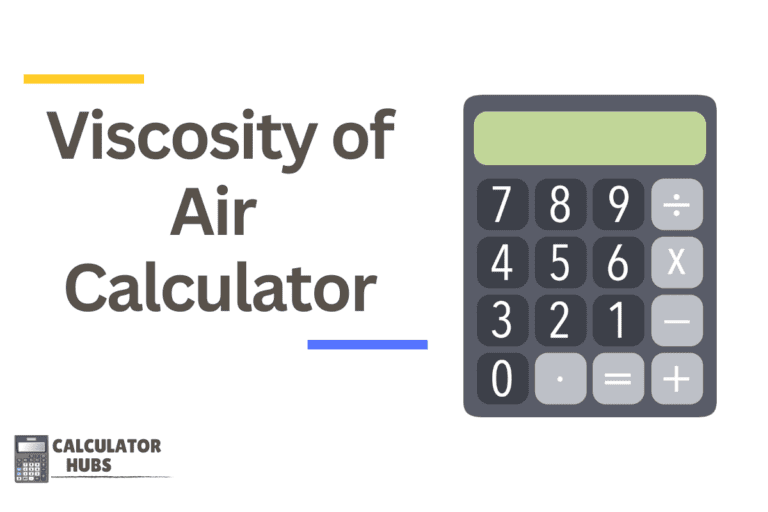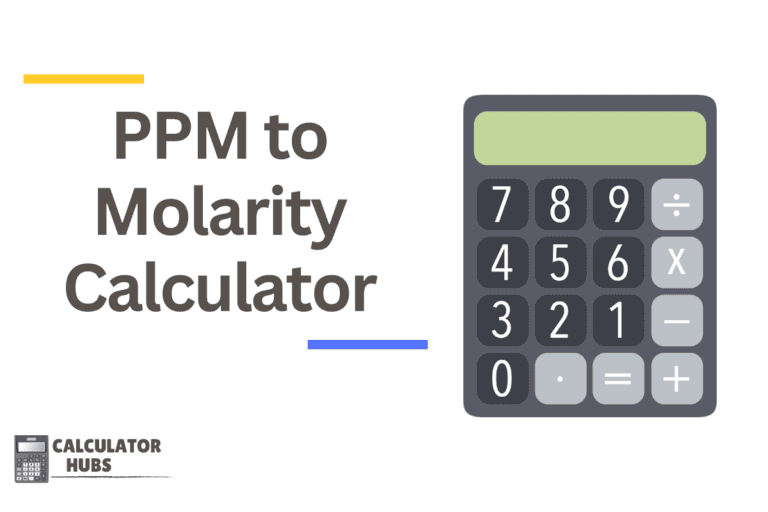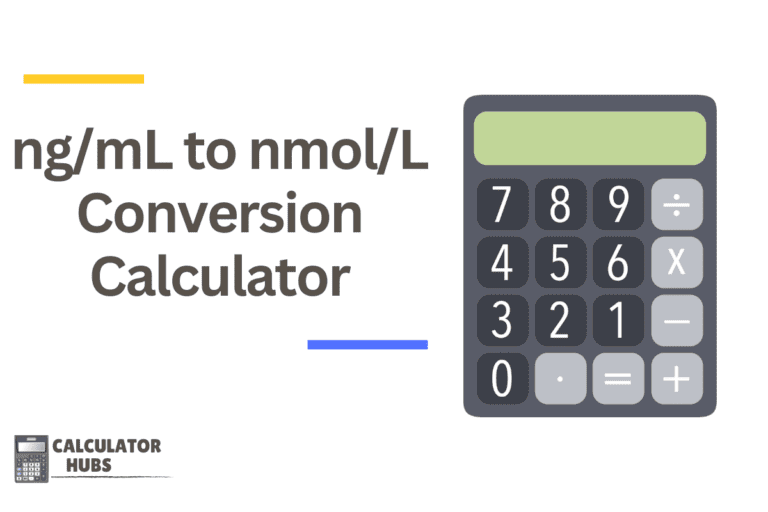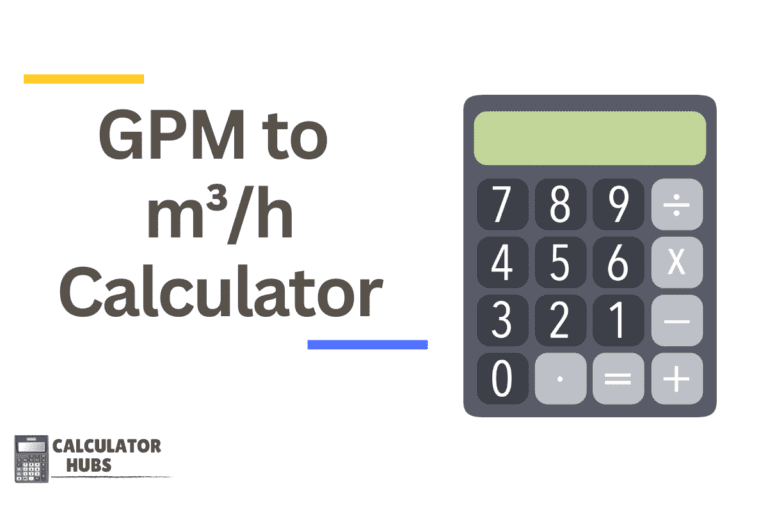Hz to Watts Calculator
Power: 0.00 W
A Hz to Watts calculator might initially seem like a tool that converts frequency (Hz) directly to power (Watts), but such a direct conversion does not technically exist due to the nature of what these units measure. Hertz (Hz) measures frequency, or the number of cycles per second of a wave, typically used in the contexts of sound waves, electrical signals, or light.
Watts (W), on the other hand, measures power, the rate at which energy is transferred. Instead, when people refer to converting Hz to Watts, they are usually dealing with calculations involving electrical systems where the frequency of the current, along with other variables, influences power calculations.
How a Hz to Watts "Calculator" Could Conceptually Work
To make any meaningful conversion from a frequency measurement (Hz) to power (Watts) in practical scenarios like electrical systems, additional information about the system is needed. For example, in an electrical circuit, power calculation can use frequency as part of determining the impedance in AC circuits or in resonance scenarios.
Key Inputs:
- Voltage (V): The potential difference in the circuit.
- Current (A): The current flowing in the circuit.
- Power Factor: A number between 0 and 1 that represents the phase difference between voltage and current in an AC circuit.
Common Formulas:
For a basic direct current (DC) system, power in watts is calculated as:
Power (W) = Voltage (V) × Current (A)For alternating current (AC) systems, where frequency plays a role in calculating reactive components:
Power (W) = Voltage (V) × Current (A) × Power FactorThe power factor and the frequency can affect how reactive components (like inductors and capacitors) impede the circuit, but frequency itself does not convert directly to power.
Example of Practical Use
Scenario:
An electrical engineer wants to calculate the power consumption of an AC circuit with a voltage of 120 volts, a current of 10 amperes, and a power factor of 0.8.
Calculation:
- Voltage: 120 V
- Current: 10 A
- Power Factor: 0.8
Using the formula:
Power (W) = 120 V × 10 A × 0.8 = 960 WattsResult:
The AC circuit consumes 960 Watts.
Most Common FAQs
1. Can you convert Hz directly to Watts?
No, Hz measures frequency and Watts measures power. They describe different physical properties, so additional information about the system's characteristics is required to relate these units.
2. Why is frequency important in AC circuits?
Frequency affects the behavior of reactive components like capacitors and inductors, which influence the overall impedance and power factor of the circuit.
3. How does the power factor affect power calculations?
The power factor accounts for the phase difference between voltage and current in an AC circuit, directly affecting the calculation of real power consumed by the system.
4. What additional tools might be used with a Hz to Watts calculator?
Tools like an oscilloscope to measure waveforms, a multimeter to measure current and voltage, and software to calculate power factor might be used to provide the inputs necessary for power calculations.
5. Are there any common misconceptions about Hz and Watts?
A common misconception is that Hz and Watts can be directly converted like units of measurement such as feet to meters. However, Hz and Watts measure fundamentally different properties (frequency vs. power), so direct conversion isn't possible without contextual electrical data.
Understanding the relationship between Hz and Watts in practical applications involves a grasp of electrical theory and circuit design principles. Such knowledge is essential for correctly applying the formulas and achieving accurate calculations in any electrical system analysis.
